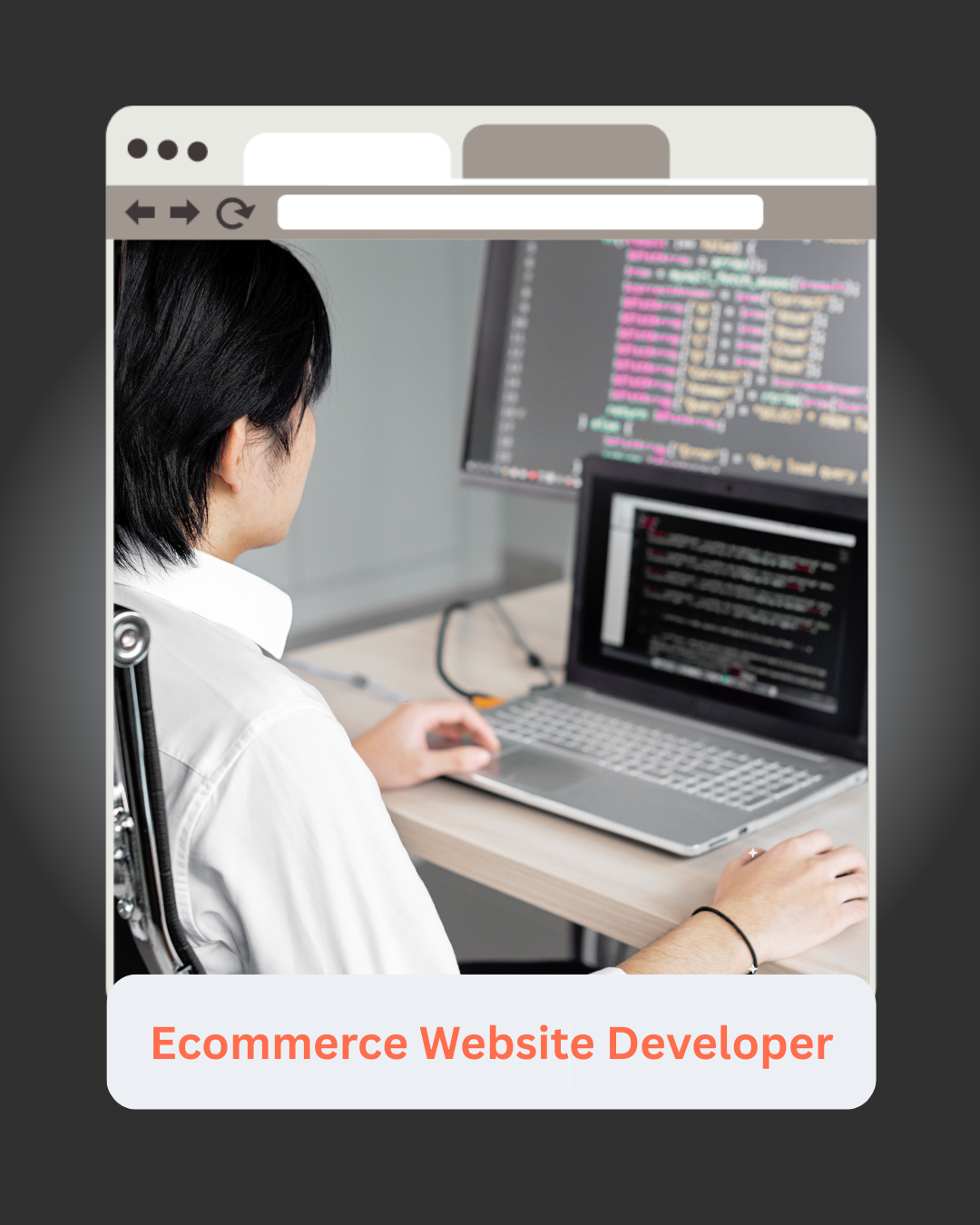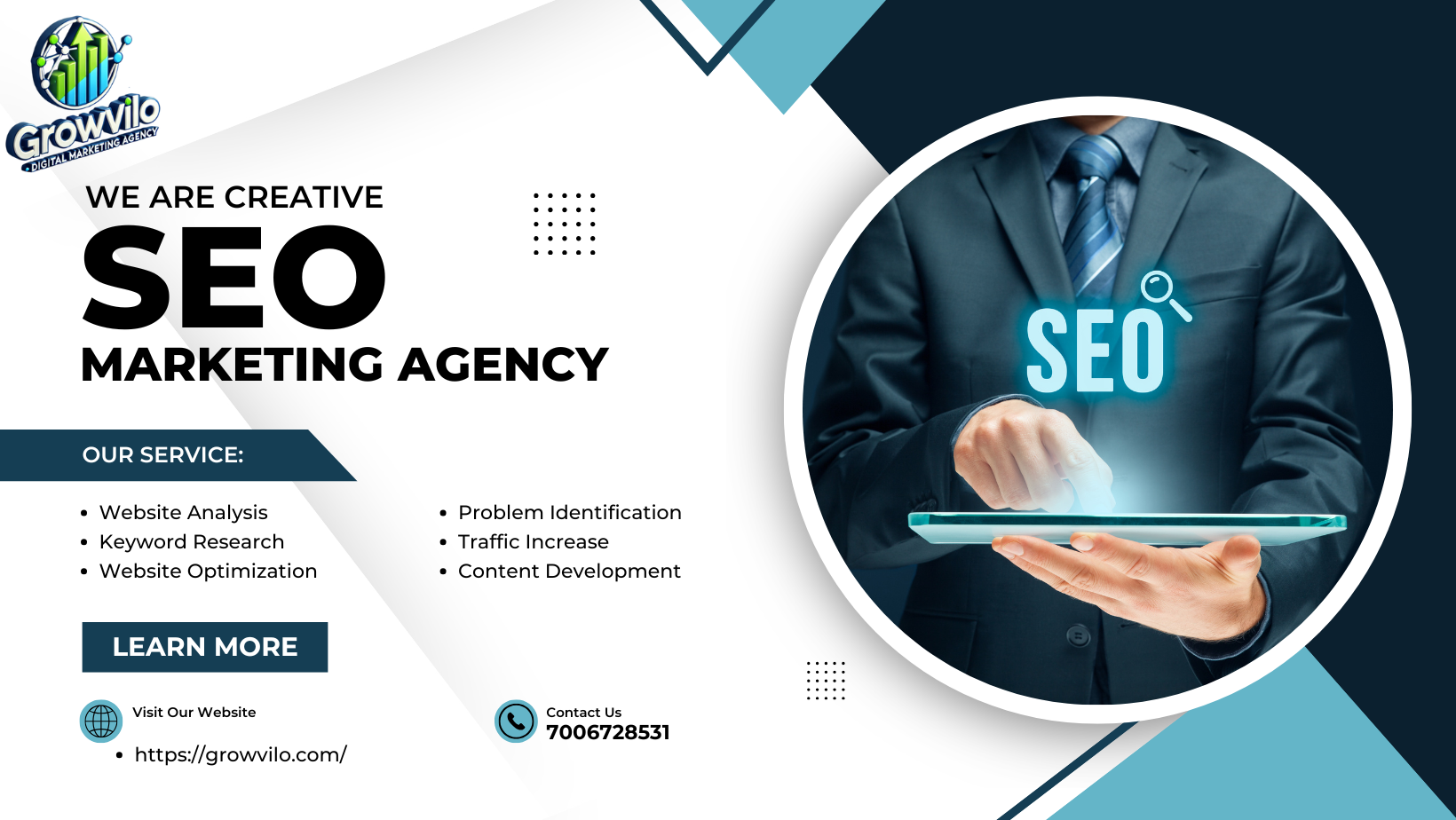An Ecommerce Website Developer plays a crucial role in designing and building powerful online shopping platforms. With the rise of digital commerce, businesses need professional, SEO-optimized, mobile-friendly websites to attract and convert customers.
commerce Website Developer for High-Performance Online Stores
Introduction
In today’s digital-first economy, ecommerce is more than just a trend—it’s a necessity. Whether you’re launching a new online store or upgrading an existing one, a skilled ecommerce website developer can help you build a high-performing, secure, and scalable website tailored to your business needs. This blog breaks down everything you need to know before hiring a developer.
Why You Need a Professional Ecommerce Website Developer
Ecommerce development isn’t just about design—it’s about functionality, user experience, conversion optimization, and backend stability. A professional developer ensures that:
- Your website is responsive across all devices.
- You have a secure checkout system.
- Your site is built with SEO best practices in mind.
- The user journey is streamlined for conversion.
Without an experienced developer, you risk building a website that looks good but fails to perform.
Key Features of a Successful Ecommerce Website
An ecommerce website must deliver both visually and technically. Essential features include:
- Fast loading speed
- Mobile optimization
- Easy navigation
- Secure payment gateways
- SEO-friendly URL structure
- Inventory and order management integration
- Real-time analytics and tracking
The foundation of a high-converting ecommerce site lies in how well these features are implemented.
Popular Platforms Ecommerce Developers Use
When hiring a developer, ask which ecommerce platforms they specialize in. Top platforms include:
- Shopify – Ideal for beginners and quick setups
- WooCommerce (WordPress) – Great for content-driven stores
- Magento – Highly customizable and enterprise-ready
- BigCommerce – SaaS-based with powerful built-in features
A skilled ecommerce developer will guide you to the best platform based on your goals and budget.
Best Practices in Ecommerce Website Development
1. Focus on Speed
Slow websites drive users away. Use lightweight themes, compress images, and leverage caching.
2. Prioritize UX Design
Clear product categories, intuitive layouts, and minimal steps to checkout enhance user experience.
3. SEO Optimization
Use proper URL structures, meta tags, schema markup, and keyword integration.
→ Learn more about SEO-friendly URL structures here.
4. Security
SSL certificates, encrypted payments, and secure admin panels are non-negotiable.
5. Mobile-First Approach
Most ecommerce traffic now comes from smartphones—responsive design is critical.
Hiring the Right Ecommerce Website Developer
When searching for a developer, look for:
- Portfolio of ecommerce projects
- Platform expertise
- Technical SEO understanding
- Post-launch support
- Transparent pricing and timelines
You can explore professional ecommerce developers through the Growvilo Service Page.
Enhancing Your Ecommerce Site Post-Launch
Development doesn’t end at launch. Ongoing enhancements ensure your site stays competitive:
- A/B testing for better conversions
- Product page optimization
- Speed and performance updates
- Third-party app integrations
- Personalized user experiences
Learn more about getting ongoing support via the Growvilo Contact Page.
Why Choose Growvilo Agency
Growvilo Agency offers end-to-end ecommerce development services including:
- Custom store development
- Shopify and WooCommerce builds
- Performance tuning and SEO optimization
- Ongoing maintenance and marketing guidance
Discover more about our work at the Growvilo Website.
FAQs
1. How much does it cost to hire an ecommerce website developer?
Costs vary depending on complexity, features, and platform. Simple sites start around $2,000; custom builds can reach $20,000+.
2. What platform is best for small ecommerce businesses?
Shopify and WooCommerce are ideal for small to mid-size businesses due to ease of use and scalability.
3. How long does it take to build an ecommerce website?
On average, 4–8 weeks depending on site complexity, content, and feedback loops.
4. What’s included in ecommerce development services?
Services typically include design, development, payment integration, testing, SEO setup, and launch.
5. Can I update my ecommerce website after it’s built?
Yes. Developers typically provide a CMS or training so you can update content, products, and promotions.
Conclusion
Your ecommerce website is your digital storefront—it should be fast, beautiful, secure, and user-friendly. Hiring a professional ecommerce website developer ensures your business is set up for long-term success in a competitive online marketplace.
At Growvilo Agency, we blend technical expertise with ecommerce strategy to deliver sites that convert. If you’re ready to launch or upgrade your online store, check out our services or contact us today.



